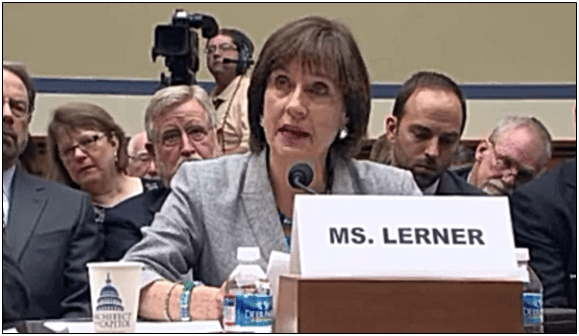By ALG Staff
Major institutions in the U.S. have a problem. Scandals appear in the media daily. Big corporations going bankrupt, religious institutions hiding scandals, and public schools failing at the basic task of education are just a sample of what appears in the headlines. According to a recent Gallup poll, organized religion, Congress, banks, the Supreme Court, public schools, big business, and newspapers are all at record lows in public trust from just two decades ago. Congress is bringing up the rear with an approval rating almost in the single digits. The abysmal approval rating is well-earned.
Congress has three core functions. They are supposed to pass laws, fund the government, and provide oversight of the executive branch. Right now, Congress is only doing one out of three, and many would argue they are zero for zero. If Congressional Committees are not doing their job by passing appropriations bills and handling oversight of the executive branch, why keep the committees around?
In the spring of 2014, a major scandal broke at the Department of Veterans Affairs. CNN reported 40 veterans died while awaiting care at Phoenix VA facilities. The veterans were put on off the book waitlists. VA employees were manipulating wait times to make it seem like the facilities were meeting performance goals, upon which employee bonuses were dependent.
After the initial media report, the floodgates opened. Media reports poured in from VA facilities around the nation reporting the same thing, manipulated wait times to meet performance goals for the purpose of ensuring bonuses were paid.
Surely one of the four committees that handle the VA and government oversight on Capitol Hill was on top of the situation. Nope, they were caught flat-footed. Which begs the question, if their job is oversight of the VA, what were they doing?
In early 2010, the Internal Revenue Service (IRS) began targeting groups with “conservative” names attached to them. It was known to IRS management as early as 2011 that there was targeting of conservative groups.
In 2012, the targeted groups went to Congress and complained. Congress was gracious enough to take the time and ask the IRS about the issue. Of course, the IRS said there was no targeting and Congress, not wanting to work too hard, did not pursue the issue any further.
The scandal was finally brought to light in 2013. Once again, the issue was made public not by Congress, but by the media. It took the IRS issuing an official apology during a media call for the story to break. IRS went so far as to destroy evidence after receiving subpoenas to preserve communications. Congress has yet to hold anyone accountable including outgoing IRS Commissioner John Koskinen.
Congress does have a couple of options in their tool bag to hold the executive branch accountable. The first and most obvious is the power of the purse. When an agency refuses to cooperate and stonewalls Congress, like the FBI is doing now with the Trump Dossier, Congress can withhold funding. Congress can also use the Holman Rule.
The Holman Rule allows the House to use amendments to appropriations legislation that can reduce the salary or fire a specific federal employee. The rule can also be used to cut a specific program. Why hasn’t Congress used either of these tools yet?
These are just a few examples of Congressional committee’s continued failure. This doesn’t include the State Department pay for play scandal when Hillary Clinton was Secretary of State. Instead of Congress, Judicial Watch is leading the charge to get to the bottom of.
Or the antitrust implications of the Internet giveaway that were ignored by Congress until it was almost too late, after Americans for Limited Government FOIA-requested documents were published in the Wall Street Journal in Aug. 2016, indicating the government had performed no antitrust analysis on turning over the DNS system to a single entity, ICANN. Congress had had since March 2014 to examine the antitrust issue but did not even bother to convene an antitrust hearing on the matter, empaneling expert witnesses who would have testified what a bad idea it was to create an unaccountable monopoly over the entire Internet. Instead it waited until September to begin writing letters to the Justice Department asking for the analysis. The Internet transition was performed weeks later as a Congressional defund expired, with the “oversight” letters only being answered after the fact in October 2016 and not very conclusively. Too little, too late.
You can only come to one of two conclusions about the lack of federal oversight in Congress. The committees are inept at their job, or the committees are intentionally ignoring their role. Either way, it is unacceptable for taxpayer-funded oversight committees to not do their job. If Congress wants to improve the public perception of them, they can start by doing their job and hold the corrupt and inept governmental officials accountable.







